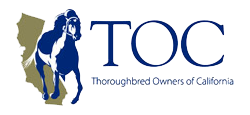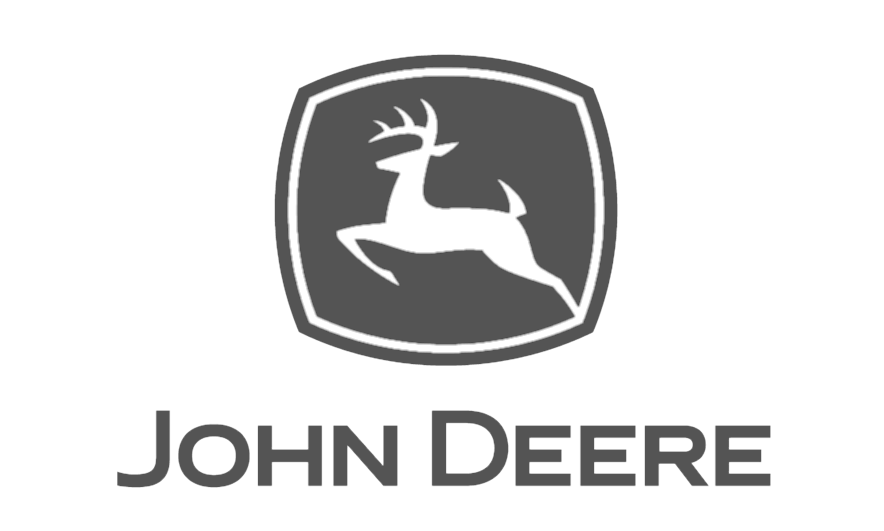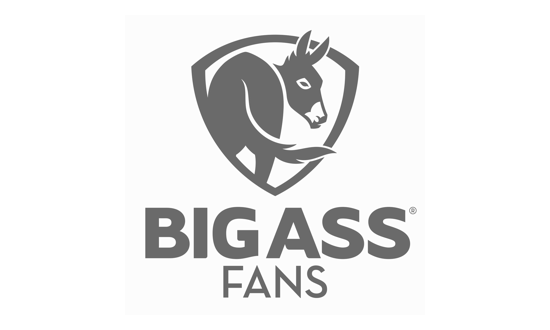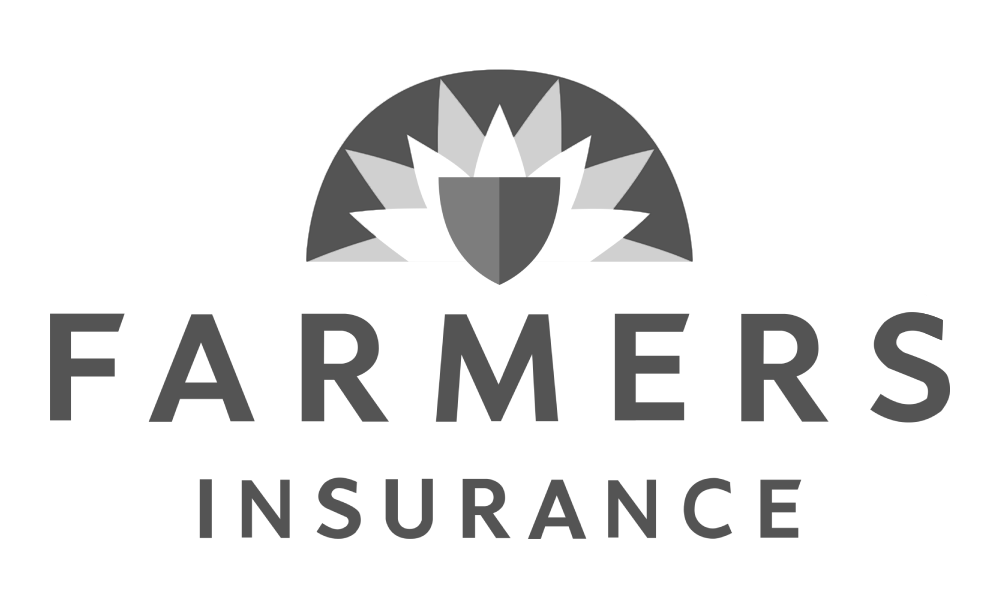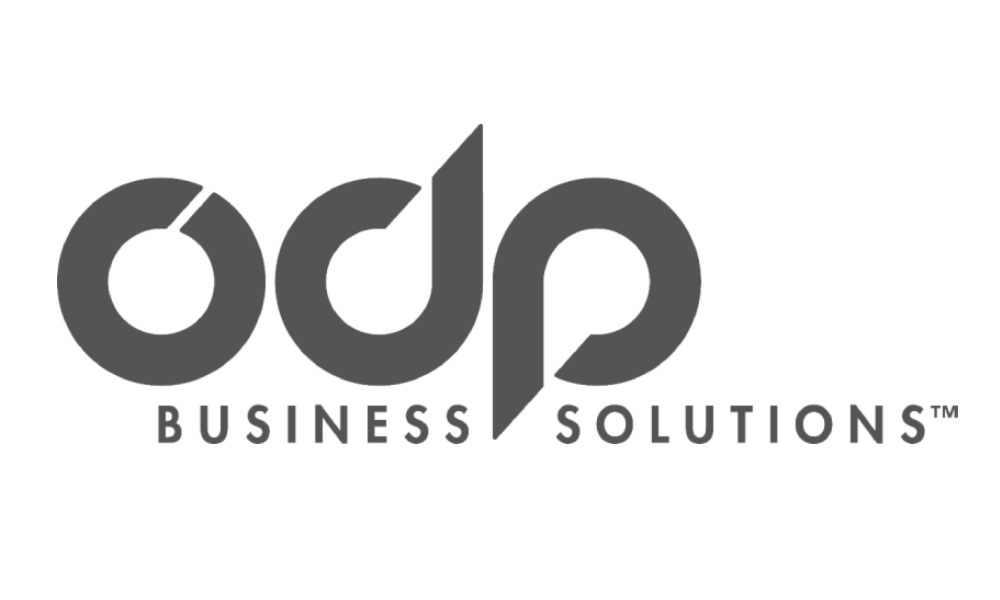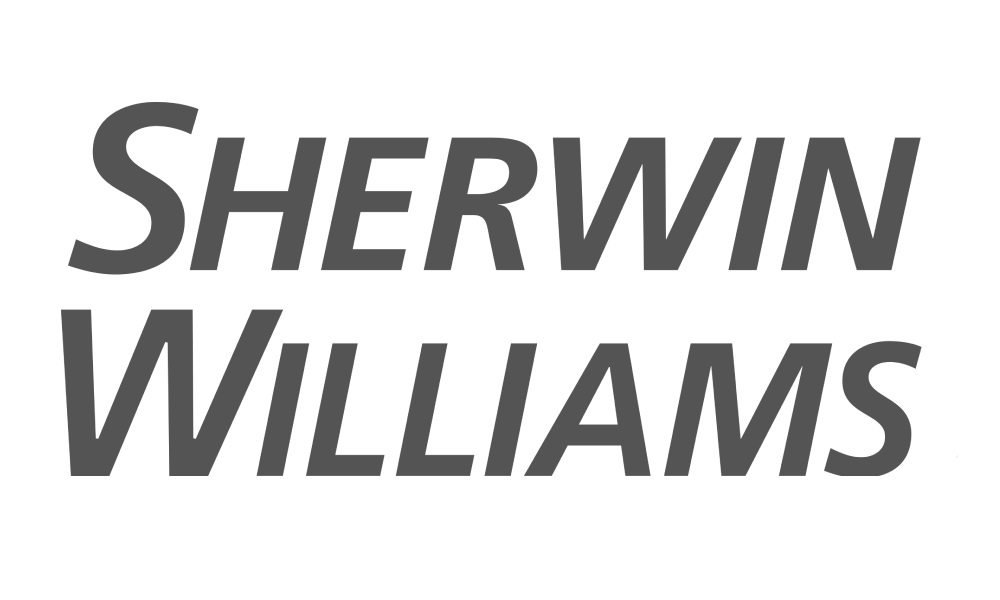Finding the “Right Horse”
By Andrew Havens
Success in the Thoroughbred business ultimately rests on the performance of your investment. In racing, the horses an owner buys must earn more than the aggregate cost of their purchase price and training expense, while foals sold at auctions must bring more than the cost of production. If they do not, the owner looses money. There really is no other way to make a profit, as ownership in itself does not generate income.
The key to success in this business is the horse. Quite often the best way to locate the right horse is with the assistance of a knowledgeable advisor, one who will exert the effort necessary to find the best horse at the best price.
Finding a Competent Bloodstock Agent
Most new owners begin as fans of the sport. When a fan makes the transition to owner, they are often confronted by the obvious questions: Where do I go to find a horse, and how do I know if it is any good? Quite often this is when an owner first realizes that an advisor is necessary, someone who can take the dream and turn it into reality.
But, how does one locate a competent bloodstock agent?
The best way to start is to contact the various industry associations and ask for recommendations. TOC, California Thoroughbred Breeders Association (CTBA), California Horsemen’s Benevolent and Protective Association (CHBPA), or either of California’s auction sales companies, Barretts or California Thoroughbred Sales (CTS), can provide you with a list of agents from which to choose. Call and talk with each agent about his or her experience, inquire about references, and ask for some real evidence – proof – that they have been successful at what they do.
There are a great many people around that will answer to the title of “bloodstock agent,” but there is essentially no control or method of assuring their competence. Although the California Horse Racing Board issues bloodstock agent licenses with some screening by the stewards, the license is not required to conduct business, and I do not believe most agents have one. Since almost anyone who wants to can call themselves a “bloodstock agent,” screening and checking references are extremely important.
What to Expect From an Agent
An agent should help you determine the best path to take to acquire the right horse. In doing so, the owner and agent must first evaluate certain personal factors, including the owner’s objectives, the urgency of one’s need for action, the amount of money the owner feels comfortable spending, and the owner’s threshold for risk-taking.
Claiming, buying proven horses domestically or overseas, purchasing weanlings, yearlings, or two-year-olds privately or at auction sales, or breeding, are the customary methods of obtaining a horse. All offer their own particular advantages and disadvantages given what the individual owner wants from the business. In the end, a competent agent will describe these various paths to ownership, permitting the team to decide, together, which is the best path for that individual.
Valuable Advice
Searching for the right horse at the right price is where the services of a bloodstock agent are most important. They are engaged in this search on a daily basis, as this is their profession. A talented agent should have outstanding knowledge of the horse, specifically with regard to conformation, pedigree, value, overall class, and suitability for a particular purpose. The agent should also have expert knowledge of bloodstock markets, including which offers the best purchasing and selling opportunities.
As a basic rule, the true value of any given horse can only be determined in the context of value of comparative horses. Consequently, anyone advising an owner as to purchases or sales must be aware of the current status of markets for horses around the world, including the value of breeding stock, weanlings, yearlings, and stallion breeding rights. Remember, a competent agent will also have a solid understanding of the practical aspects of training, racing, breeding and raising horses, and basic husbandry and veterinarian issues, in addition to knowing the rules and regulations pertaining to sales transactions in the industry.
Purchasing at Auction
If an auction sale is the path chosen, then a good agent will make all arrangements necessary with the auction house to enable the owner to purchase horses at a sale. Accordingly, the agent will first obtain the sales catalogue and the appropriate applications for credit and agent authorization. He/she will discuss their charges for services in advance, disclosing all costs upfront. The customary fee for selecting and purchasing horses at auction is 5% of the purchase price, typically without extra charges for the agent’s travel expenses. But, whatever the fee is to be, discuss the subject thoroughly, well in advance of the sale.
An owner should remember why it is that he/she has retained an agent and permit the agent to be responsible for the selection of the horses. In this context, “selection” includes pre-sale pedigree analysis and physical inspections, all of which should lead to development of a final list of those individuals that the owner may wish to place a bid. A good agent will know in advance what the horses are worth, and the owner should stick with these evaluations.
In general, the organization of information at a sale is extremely important and a somewhat difficult task given the large number of horses involved and the fast pace of an auction. Thus, the assistance of an experienced professional can keep an owner from making some very expensive mistakes.
In this regard, the agent should explain to an owner the particular sale’s Conditions of Sale and limited warranties, which are usually printed in the front of the sales catalog. As auctions around the country have different “warranted conditions of horses,” the owner should be made aware of these various conditions early on. This is an important consideration in determining the timing and extent of the veterinary examinations that should be performed on targeted horses, and incorporated into the owner’s original plan.
Don’t be afraid to ask the agent to explain the benefits and disadvantages of pre-sale and post-sale veterinary examinations. Also, ask the agent to determine and explain an owner’s rights as a purchaser as set forth in the Conditions of Sale in the unfortunate event of a negative post-sale veterinary exam. A competent agent will know the particular auction company’s procedure for disputing a sale and, if necessary, returning a horse.
Horses bought at a sale must be removed from the grounds within 24 hours. It is the agent’s responsibility to arrange for vanning. Likewise, most agents can assist in the selection of a farm, training center, or trainer, and may offer on-going advice as to the constantly changing condition of your horse and the resale market through the year.
Lastly, remember to consider the question of insurance. If insurance is desired, it should be arranged in advance so that any purchase is covered immediately upon the fall of the auctioneer’s hammer.
Private Sales
The agent’s responsibilities in a private sale include locating and evaluating a horse, negotiating a price and sales agreement, scheduling the appropriate pre-sale veterinary examinations, arranging for the disposition of funds, transferring the Jockey Club certificate, and producing a Bill of Sale. He/she will also most likely handle the insurance and shipping of the horse to its new destination. A commission on a private sale is again usually 5% to 10% range, but is ultimately part of the specific transaction agreed upon by the parties to the deal.
It is important for an owner’s protection and is now required by law (see inset) that a Bill of Sale be produced specifically stating the amount of commissions paid to all parties.
Services Provided
In addition to serving as bloodstock consultants, agents may provide additional services such as equine insurance, stallion shares and breeding services, appraisals, pedigree and mating analysis, stallion advertising and promotion, international shipping, and racing partnerships. Some bloodstock agents provide a full range of these services, while others may specialize or become known for an expertise in a certain area such as training, for two-year-old sales, insurance, stallion seasons, auction sales representation, etc.
Most agents serve in the capacity of a broker, relative to an owner, in that they locate and negotiate the purchase of horses or provide services on behalf of an owner, receiving a fee based on the value of the particular transaction. On other occasions, an agent may receive a retainer for advisory or management services. Additionally, some agents represent their own interests alone or in partnership with other investors in speculative ventures.
What makes a bloodstock agent good at his/her craft goes well beyond merely negotiating transactions. A good agent must have sufficient expertise and knowledge of the field for his/her advice to be worthwhile. The agent must further conduct oneself professionally and ethically in all ways and in the best interest of one’s client. Integrity in this business is a must, but it is of little value unless coupled with knowledge. In the end, it is crucial that a bloodstock agent be both ethical and knowledgeable.
Conclusion
Next to the leading rider finishing up the track on a 2-5 shot, there is almost no participant in the Thoroughbred industry more consistently maligned than the bloodstock agent. They are a loosely regulated bunch, operating in a business where “absolute truth” is hard to determine. Unfortunately, the profession lends itself to unprincipled opportunists who are often more salesmen than horseman.
Stories of unscrupulous agents are legion and some are even true. But this should not diminish from the importance of the profession nor, from the fact that there are a number of very knowledgeable and ethical agents who can provide an extremely valuable service to the Thoroughbred investor. Be certain that the agent you choose properly represents your best interests and those of the industry as a whole.
A Bill of Sale & Disclosure of Commissions Now Required by Law
In 1992, owner Allen Paulson filed a lawsuit against his private trainer and a bloodstock agent accusing them of conspiring to defraud him in the sale of a number of horses. The case centered around the sale of Paulson’s horse Loach, which was sold to the owners of Strike The Gold to serve as a “rabbit” for their late-running four-year-old.
A judge eventually ruled that the bloodstock agent and the trainer “caused a willful and malicious injury” to both sides in the transaction. In all, the case included five transactions and more than 20 horses. The judge ordered the trainer and the agent to pay damages to Paulson totaling $1,729,252.00.
Trainers and bloodstock agents working together to sell an owner’s horse are not unique events. Together, they advise an owner on the price of a horse, find a buyer, and complete a sales transaction. Sadly, in some instances, the owner and the buyer are each presented different prices for the horse with the buyer given a price that is marked up over the one given the owner. When payment is made, the difference in the two prices is split between agent and trainer.
Fundamental to this markup method of obtaining a commission is that the buyer and seller are never made jointly aware of the actual selling price of the horse. In fact, they are entering into a sales contract without a mutual agreement on price. This works especially well when the principals are separated by something large like an ocean, or do not speak the same language.
To those who practice this method of commissioned sales, the unethical or fraudulent nature of the practice is rationalized away as a matter of degree. In this instance, there are some who will argue that it is traditional to compensate those involved in a transaction in this manner, but that the agent and trainer in the Loach deal marked up the horse too much and that a smaller markup would have been acceptable. This line of thinking is completely wrong. Any agreement in which the most basic points of the deal are kept secret from the principals is inherently flawed and inconsistent with the very concept of “agreement.”
Fortunately, there has been legislation enacted to address the subject of horse sales. On July 21, 1994, the Governor of California signed into law an amendment to the Business and Professions Code #19525 relating to the sale of bloodstock. The amendment has two key provisions:
“No licensee or any other person may receive a commission, fee, gratuity, or any other form of compensation in connection with the sale or purchase of a racehorse, prospective racehorse, stallion or broodmare, unless the purchaser and the seller have agreed in writing to the payment of commission, fee, gratuity, or compensation.”
Anyone receiving compensation connected with the purchase or sale of a horse in violation of this statute, that is without written agreement of all parties, may have their license revoked and be held liable for treble damages to the injured purchaser or seller. Further, any horse transaction conducted without written agreement outlining the commission structure would be unenforceable.
So, beware when buying or selling a horse that the sale requires two things: (1) a written agreement regarding any commissions paid to those involved; and (2) a written Bill of Sale specifically stating the purchase price of the horse. These requirements are based both on common sense and solid business practices and are intended to ensure that all parties to an agreement are in fact agreeing to the same terms. In all sales and purchases, demand to see the signed documents required by law, and remember the remedies available if someone has taken advantage of you.
